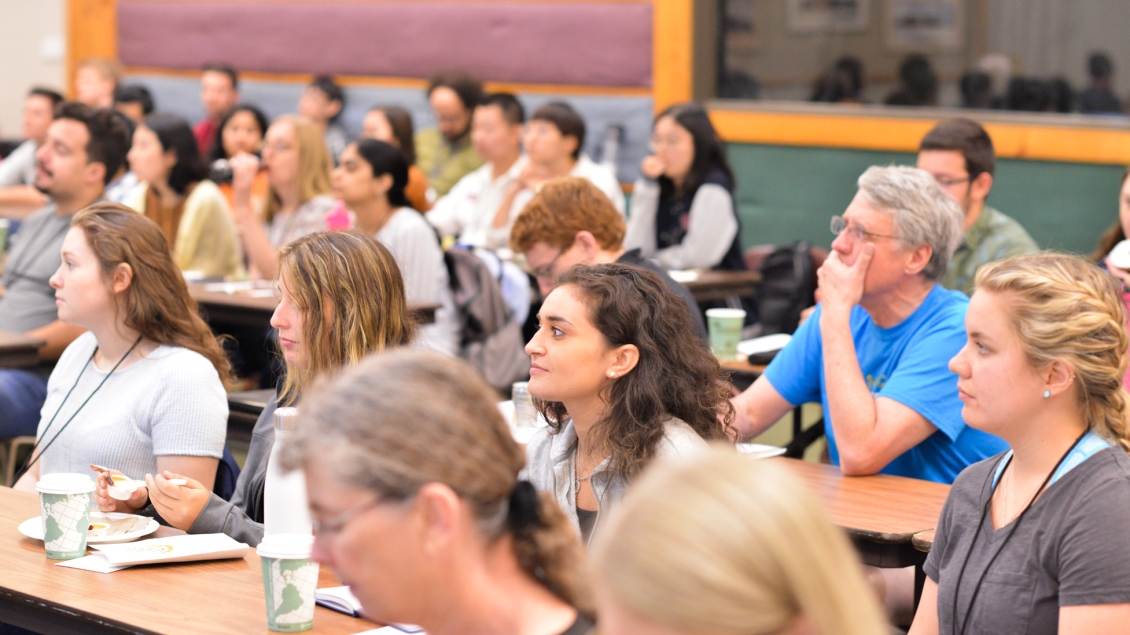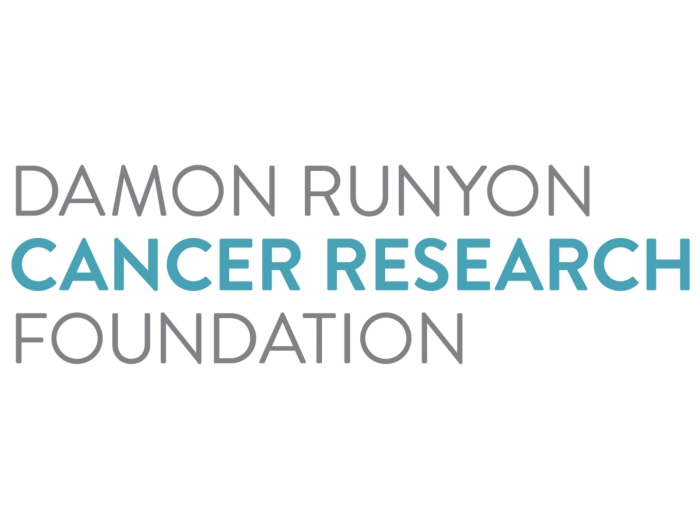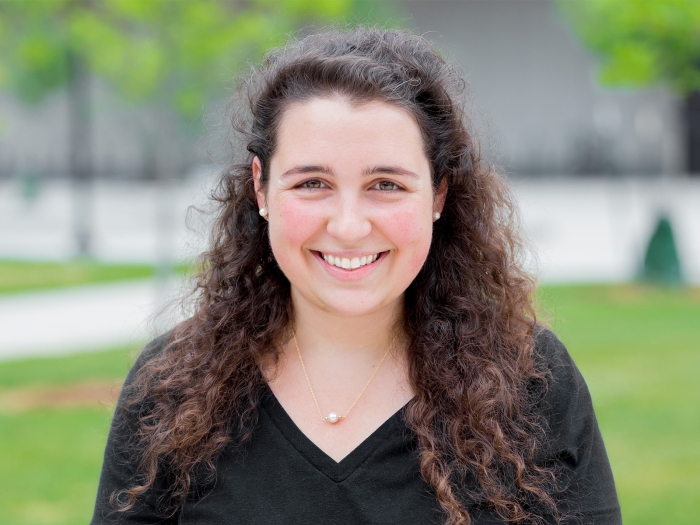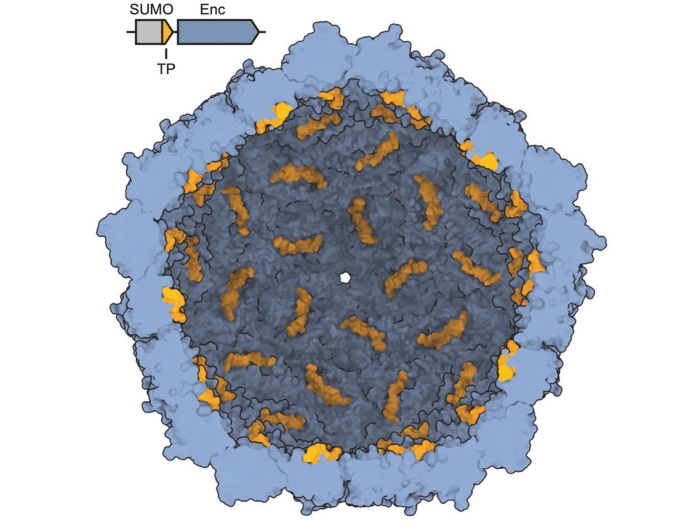
Partner With Us to Advance Molecular Understanding
We strive to provide trainee-centered educational programs emphasizing mentoring and scientific engagement.
In teaching, training and research, the U-M Medical School Department of Biological Chemistry is advancing the understanding of biological processes. Cross-campus collaboration between departments and laboratories creates an environment where future scientific leaders learn and grow. Where discoveries translate into real change.
Our studies of biology at the molecular and mechanistic levels span disciplines including biochemistry, structural biology, cell biology, bioinformatics, neurobiology, genetics and more.
Discover how the building blocks of life can serve as the solid foundation for your success.
"Our future is clearly in terrific hands as these young colleagues advance their science while working together to strengthen and diversify our community."

These honors recognize excellence in scholarship, research, and service and connect today's trainees with former departmental leaders and scientists who endowed them.



